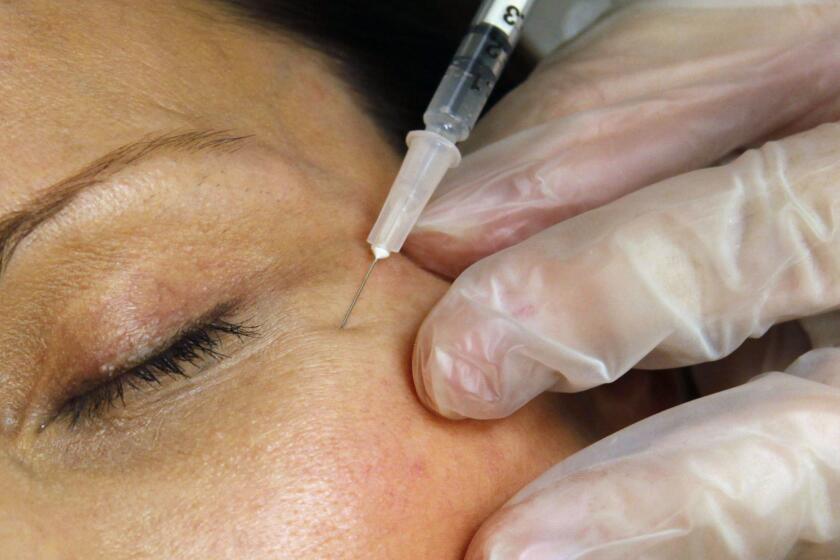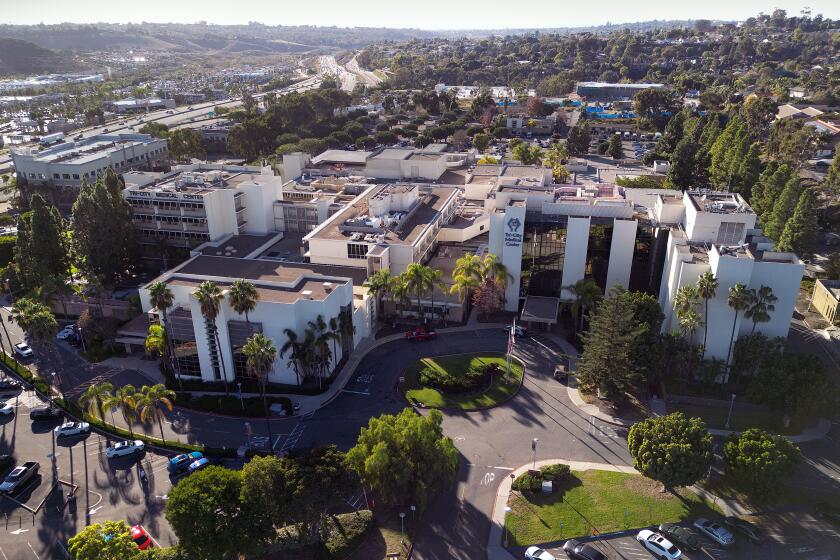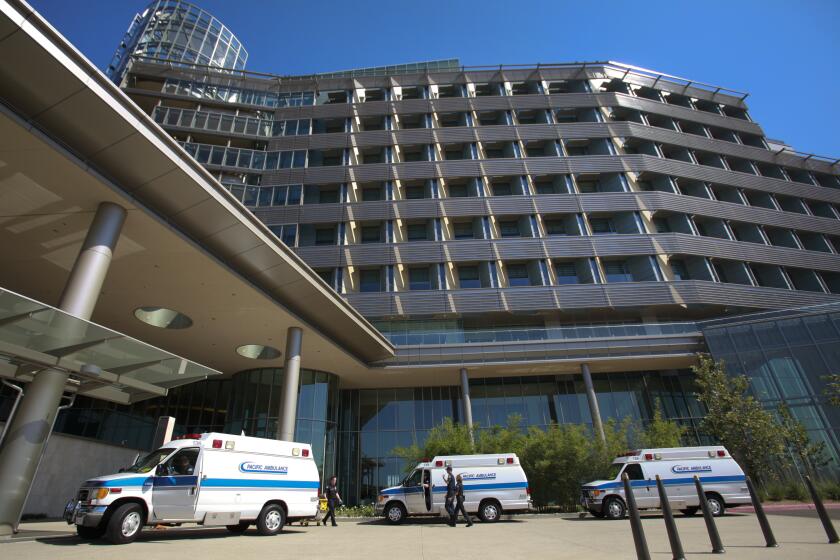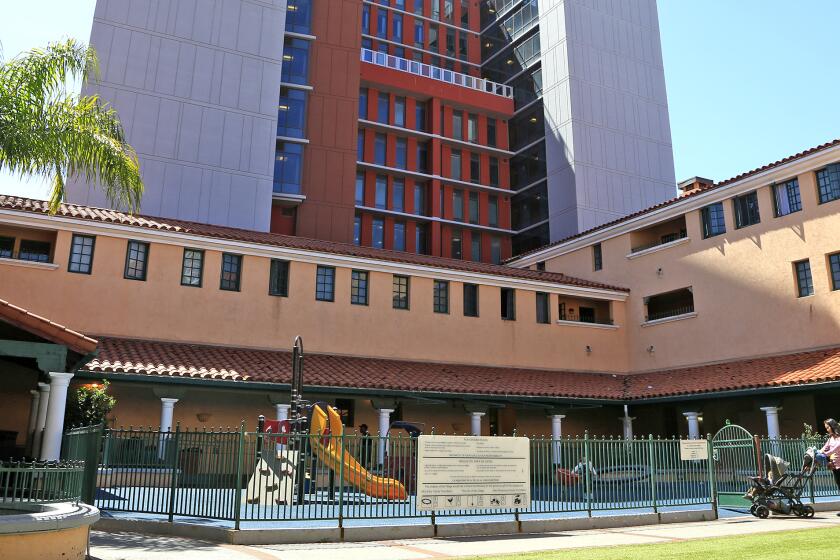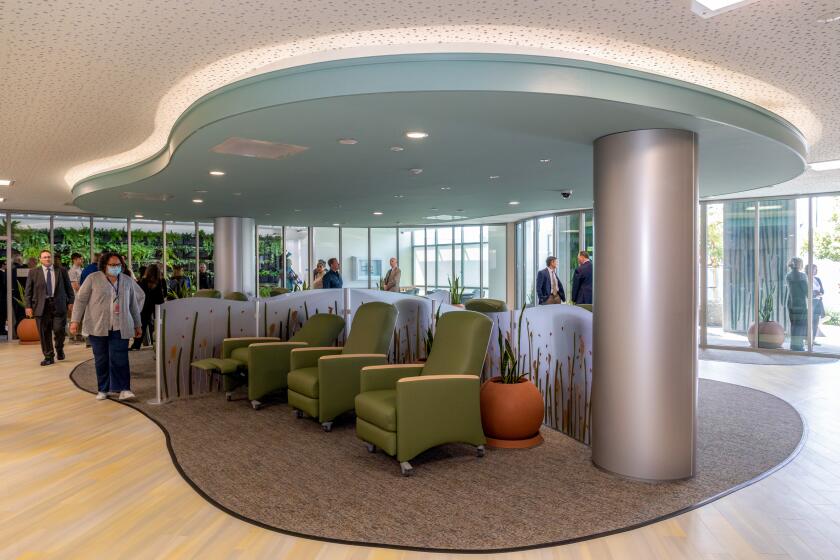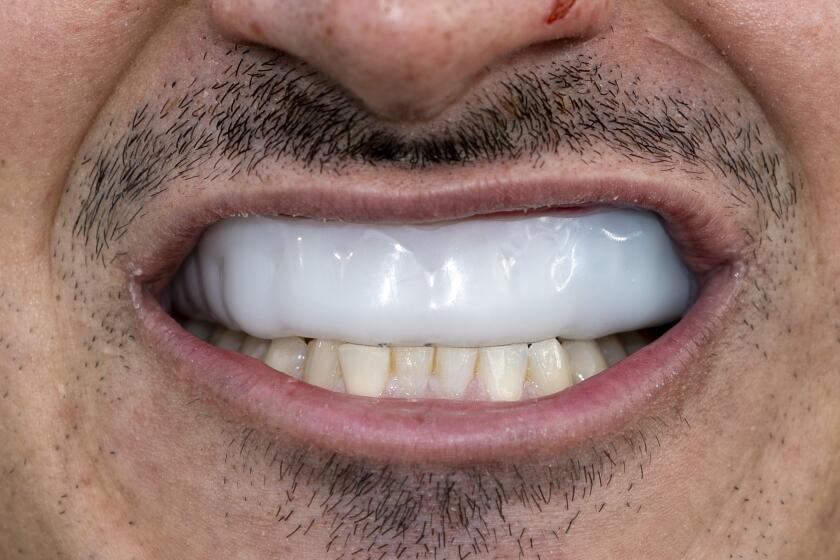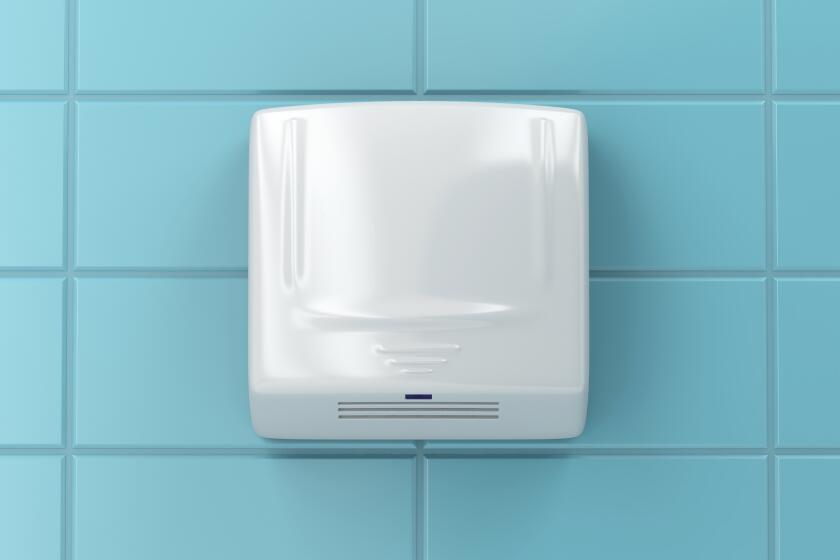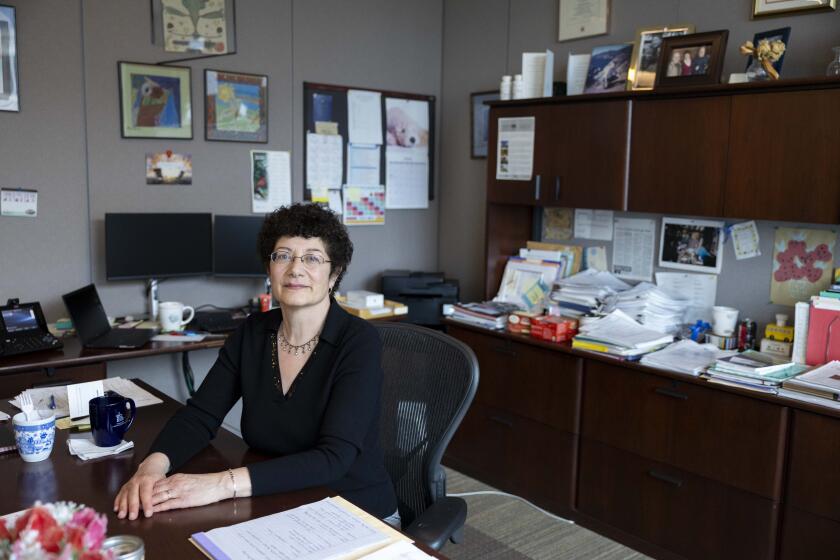Does a dysfunctional biological clock increase Alzheimer’s risk?
Disruption of the sleep-wake cycle is a well-recognized symptom of Alzheimer’s disease, but recent research suggests that a disorganized biological clock may also be a key driver of neurodegenerative disease.
An exploration of the circadian rhythm’s role in development of Alzheimer’s disease and other forms of dementia is among a flurry of findings to be presented this week at Neuroscience 2018, the annual meeting of the Society for Neuroscience underway at the San Diego Convention Center.
On Monday morning Brian Lananna, a Washington University in St. Louis researcher, presented preliminary findings that show how hitting the mute button on circadian rhythms at the cellular level can damage neurons, the brain cells responsible for human cognition.
Working in petri dishes and mice, researchers disabled genes in astrocytes, the star-shaped cells that support neurons, causing them to stop producing a key protein which, when it dried up, led to a surge in damaging inflammation.
These results beg an intriguing question: Does an off-kilter circadian rhythm cause Alzheimer’s?
Lananna said probably not. There are many other patterns in play that many hypothesize involved the buildup of other proteins which, over time, result in devastating levels of memory loss.
But it is possible, Lananna said, that a disrupted biological clock accelerates a process that’s already underway.
“There is a lot of suggestive evidence, although not conclusive yet, that inflammation can be a driver in Alzheimer’s,” Lananna said. “It’s possible that if someone is already starting to develop Alzheimer’s that increasing inflammation through things like circadian disruption could be pushing the person over the edge or accelerating the progression.”
Further trials will look more closely at key protein levels in Alzheimer’s patients, comparing results to those who are not suffering from the disease. Eventually, deeper study could lead to medications that could be used to compensate when circadian rhythms are out of sync.
The findings build on a growing body of evidence that there are serious consequences to disrupting circadian rhythms. Other studies have linked the ticking of the biological clock to a host of health effects from heart disease to premature death.
Though this science continues to evolve, researchers have increasingly advised the public that getting enough sleep, and doing so in synchronization with normal light-dark patterns present in nature, likely has a protective effect.
One significant push in recent years has been limiting late-night screen time, which some studies have shown can interfere with normal sleep patterns.
Sleep quality is another area of continued research.
Deep sleep has generally been shown to be the most beneficial type of slumber, and several papers at Neuroscience 2018 backed up that notion.
Walter Reed Army Institute of Research studied soldiers who had concussions, finding that this type of trauma correlated with a significant reduction in the amount of deep sleep each participant got each night. A Walter Reed study subjected previously-concussed soldiers to 40 hours of sleep deprivation to determine whether or not their performance was compromised.
Such a long stretch without sleep, said Cpt. Allison Brager, a Walter Reed researcher, was designed to simulate modern warfare when many soldiers are required to operate in darkness and missions may extend far beyond 24 hours.
“We really pride ourselves on owning the night, and the consequences of owning the night is that you’re going to be sleep deprived and you’re going to shift your sleep rhythms in order to have the upper hand,” Brager said.
The study’s findings showed that soldiers who had recently had a concussion were about 100 milliseconds slower after 40 hours of sleep deprivation than those who had not been concussed. While a less than one second difference in reaction times might not seem like much to a civilian, Brager, who said she was speaking for herself and not the U.S. military, said that sliver of time could be a critical decider in combat.
“Under live fire, that can be the difference between life or death,” Brager said.
A lack of deep sleep was also shown to affect emotional regulation, according to findings presented by Eti Ben Simon of the Center for Human Sleep Science at UC Berkeley.
Center researchers studied 18 healthy participants who were assessed before and after an eight-hour evening period where half slept and half were sleep deprived. For those who went without deep sleep, anxiety increased significantly, and brain imaging showed greater activity in the emotion-generating regions of the brain and also in the “pre-frontal” regions that normally suppress anxiety.
Getting a full eight hours of sleep every night, then, appears to be good anti-anxiety medicine.
“If we are chronically sleep deprived, and you keep losing sleep, it could sensitize us to greater anxiety levels and development of anxiety disorder,” Ben Simon said.
Health Playlist


Video: Leaders urge public to help extinguish hepatitis outbreak

San Diego starts cleansing sidewalks, streets to combat hepatitis A

Video: Scripps to shutter its hospice service

Video: Scripps La Jolla hospitals nab top local spot in annual hospital rankings

Video: Does a parent's Alzheimer's doom their children?

EpiPen recall expands

Kids can add years to your life
paul.sisson@sduniontribune.com
(619) 293-1850
Twitter: @paulsisson
Get Essential San Diego, weekday mornings
Get top headlines from the Union-Tribune in your inbox weekday mornings, including top news, local, sports, business, entertainment and opinion.
You may occasionally receive promotional content from the San Diego Union-Tribune.

